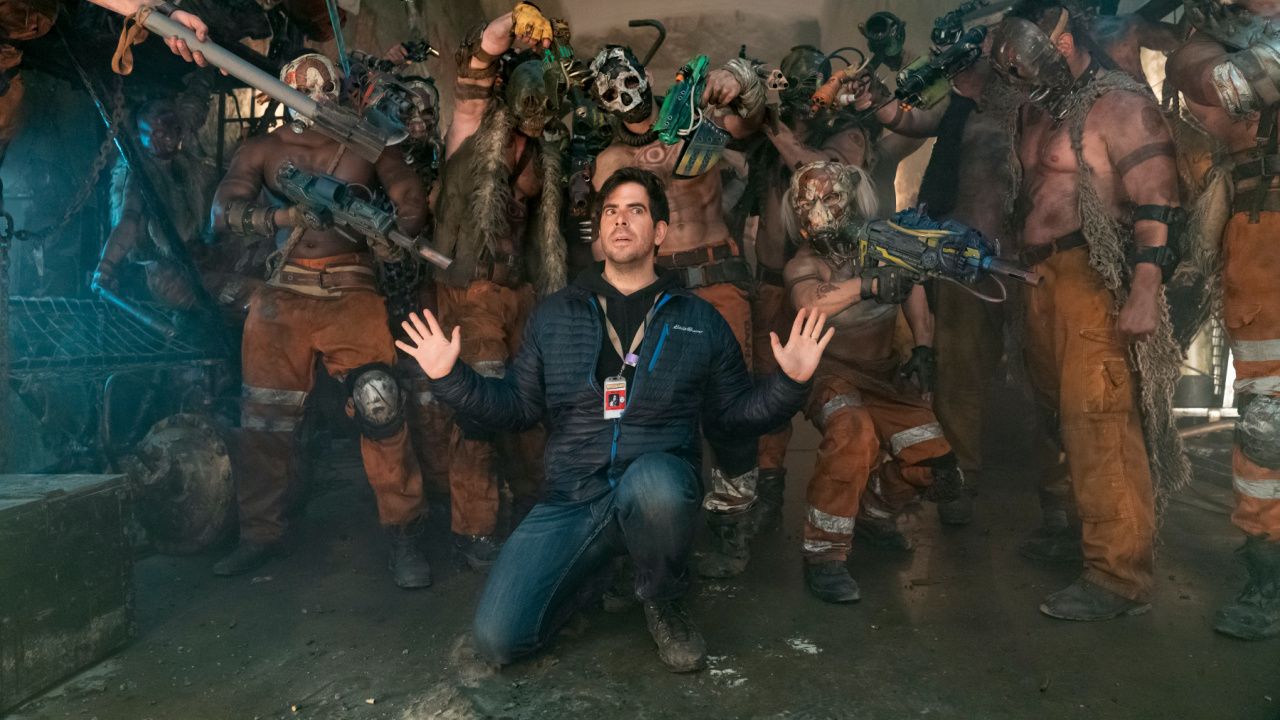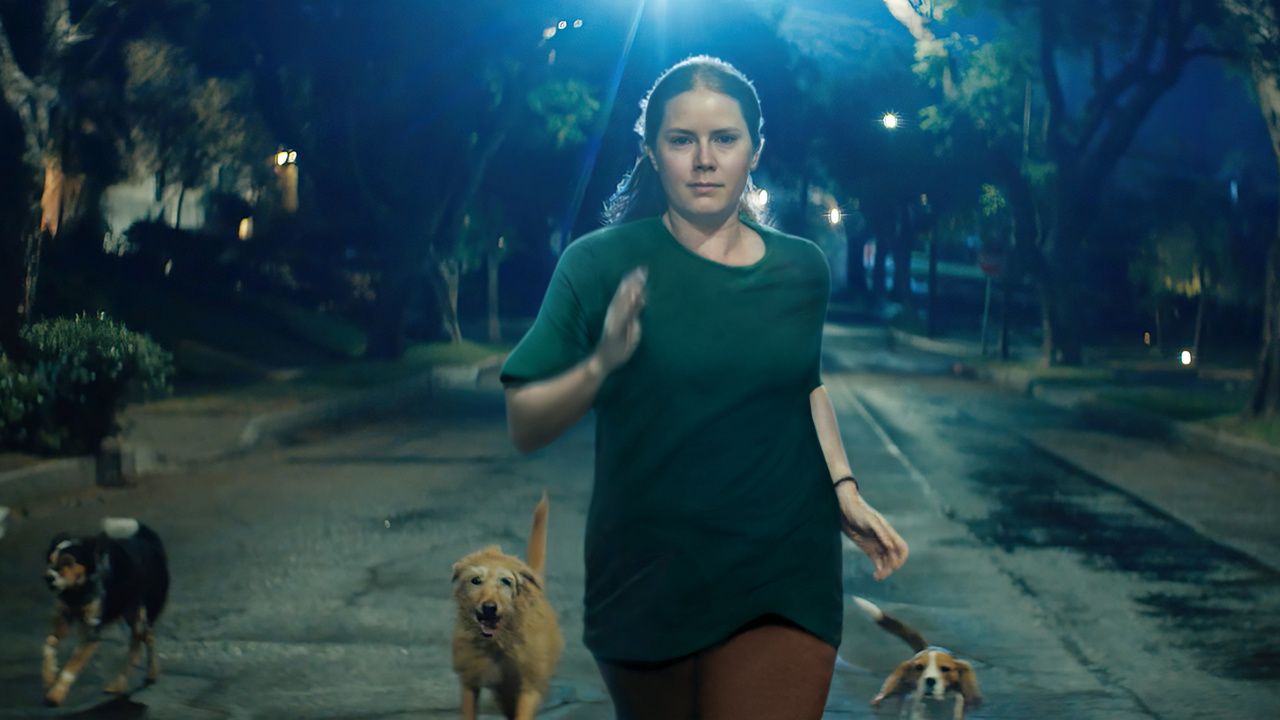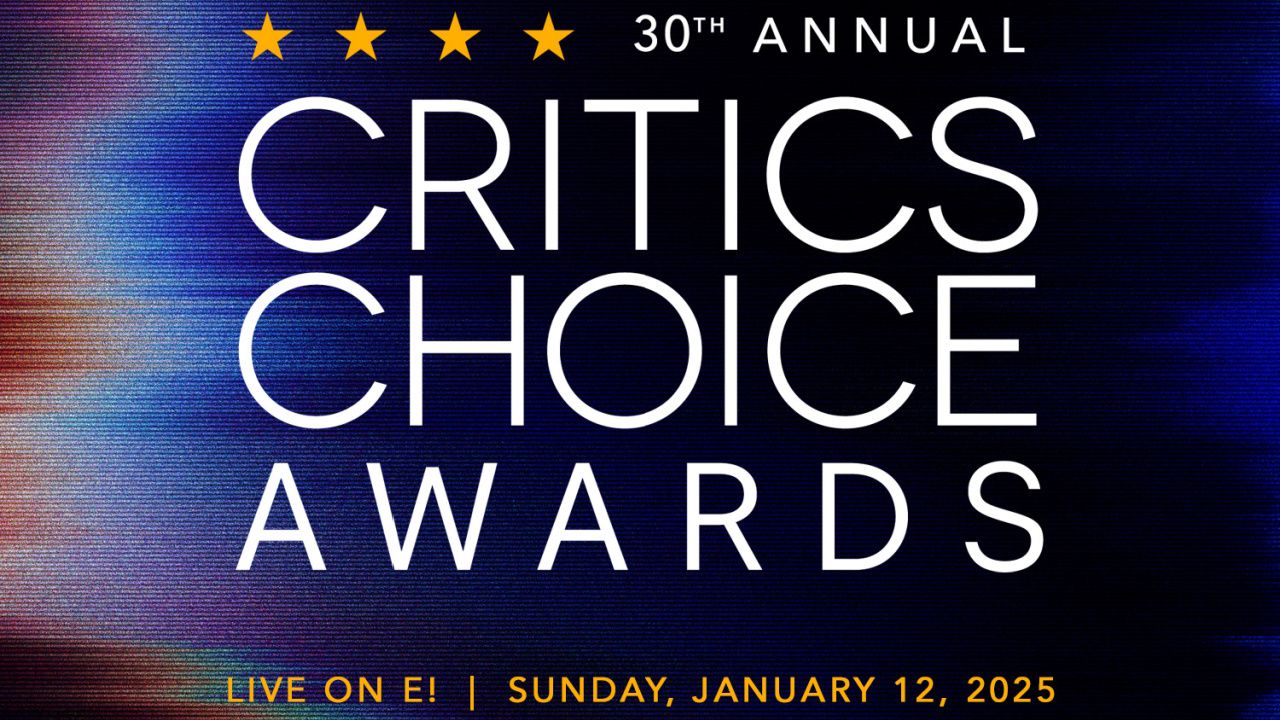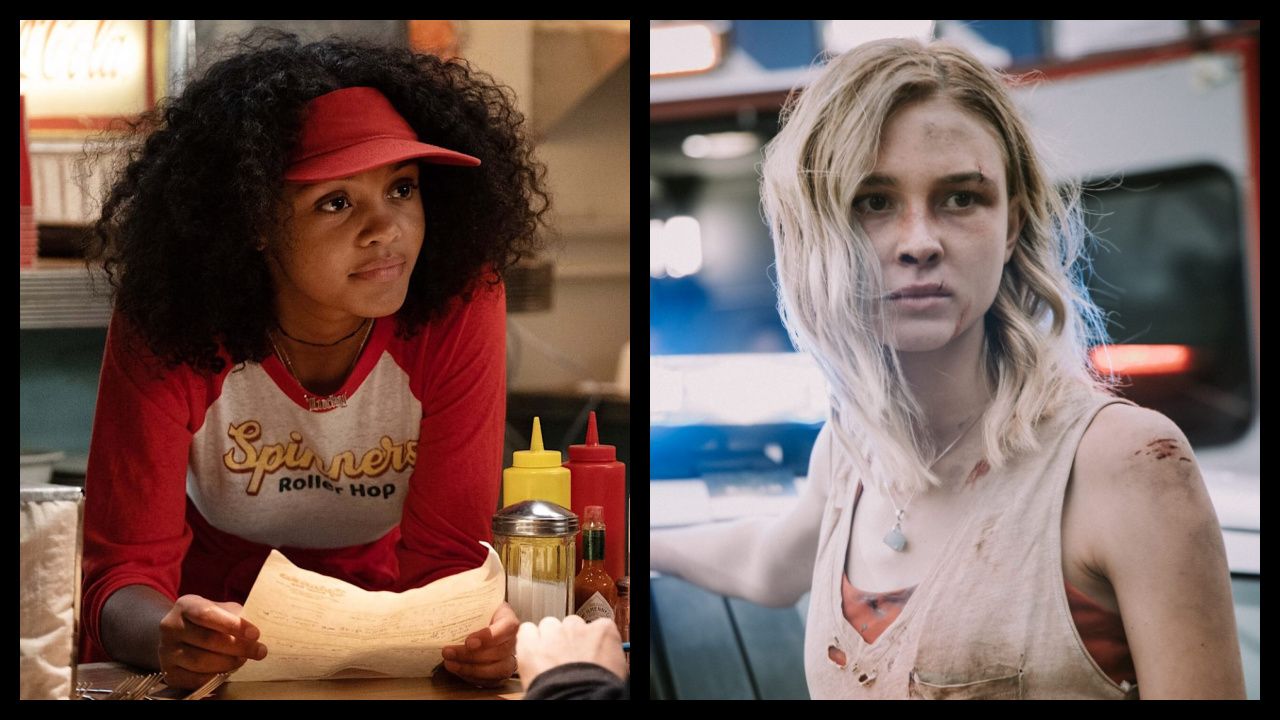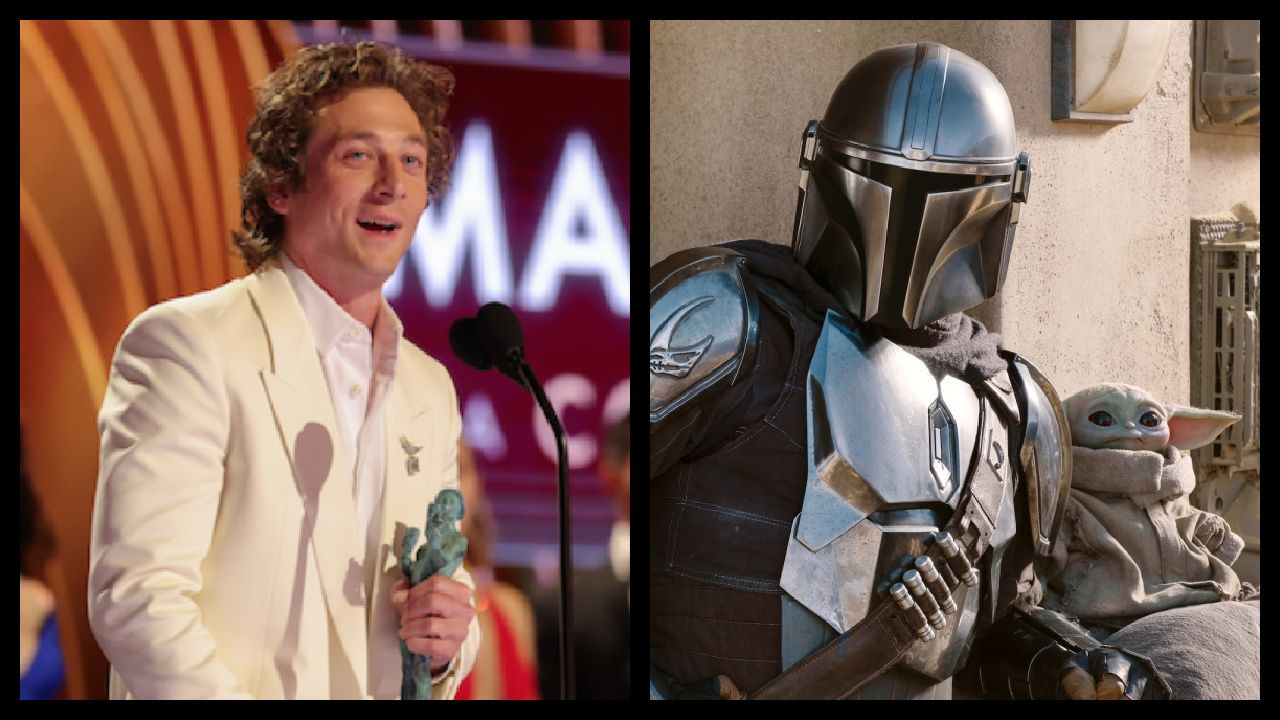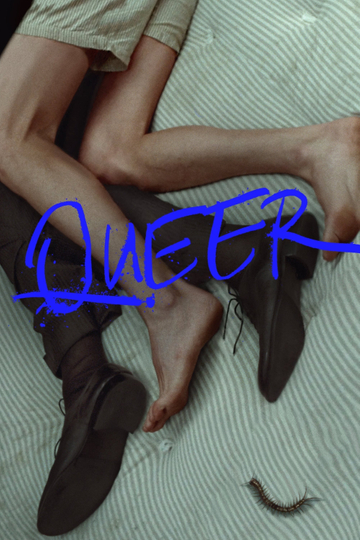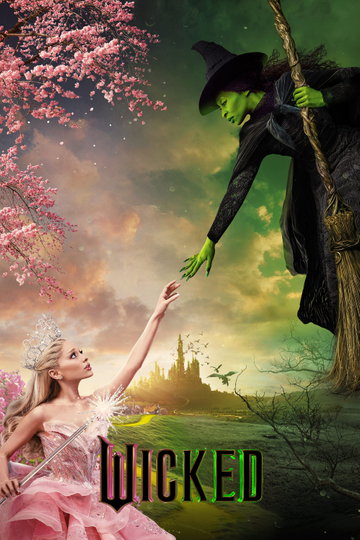Reese Witherspoon Calls for More Diversity in Film Critics After Study
Not everyone cares about film reviews, but they can and do help movies at the box office and at awards shows.
It's harder to get an Oscar if critics aren't behind your movie. It's also harder to get people motivated to leave their houses and spend money at the box office if the majority of critics agree that Such-and-Such movie was a bomb. There are exceptions -- and a growing divide between what critics like vs. what audiences like -- but many casual moviegoers still trust critics.
But a new study points out that an overwhelming majority of the critics posting to Rotten Tomatoes are men -- 77.8 percent -- with more than 53 percent of critics specifically being white men. (The current U.S. population is split 50.6 percent female to 49.4 percent male.)
No offense to the many great male critics out there -- who all have their own opinions and backgrounds --- but as actress Reese Witherspoon pointed out when sharing a link to the study, that's skewing reactions in favor of a very particular group:
Movie reviews can make or break a movie! We all see movies thru different perspectives & our life experiences shape our opinions. These critics should reflect the movie-going population, not a small portion of the people who watch movies. Thank you @inclusionists for this data https://t.co/BkfCQwmLnx
— Reese Witherspoon (@RWitherspoon) June 12, 2018
Preach, Reese!
— Ava DuVernay (@ava) June 12, 2018
Here's the report Reese referenced (check the link for more charts and context):
"Critic's Choice" is the newest report from @Inclusionists@USC that examines diversity of film critics on @RottenTomatoes. Findings show vast underrepresentation of diverse voices. #InclusionCrisis #30302020 #ascjhttps://t.co/SBeM6Tfg6Qpic.twitter.com/PJdFLoLlIT
— Annenberg Inclusion Initiative (@Inclusionists) June 11, 2018
Representation matters, since we're all bringing our varied experiences and biases into the theater. Data shows only a very small percentage of posting critics are non-white women, and that's a huge group of voices lost in the greater conversation of what makes a movie "good" (or fresh) or "bad" (rotten).
Here's the full report on gender and race/ethnicity of film reviewers, across 100 top films of 2017.
Want more stuff like this? Like us on Facebook.












